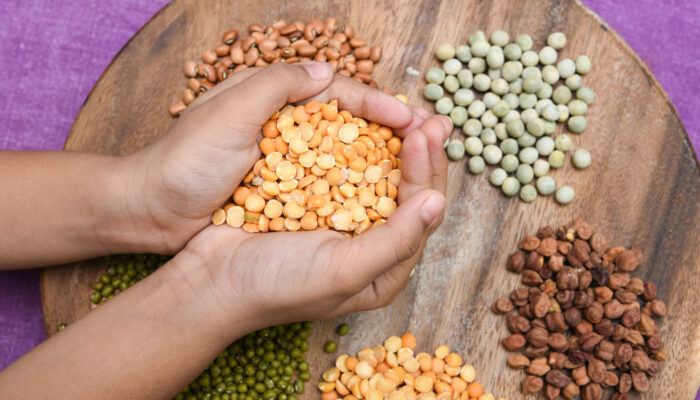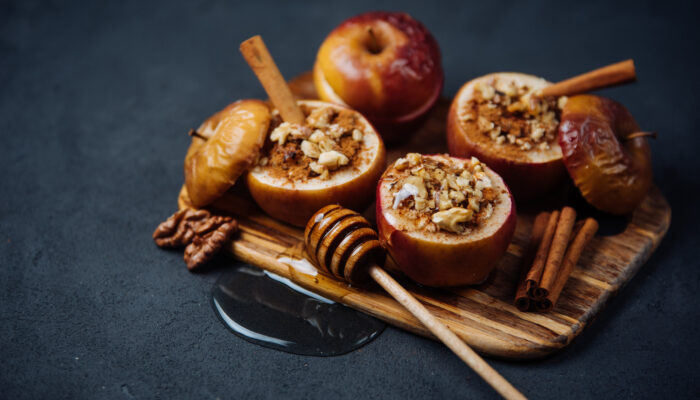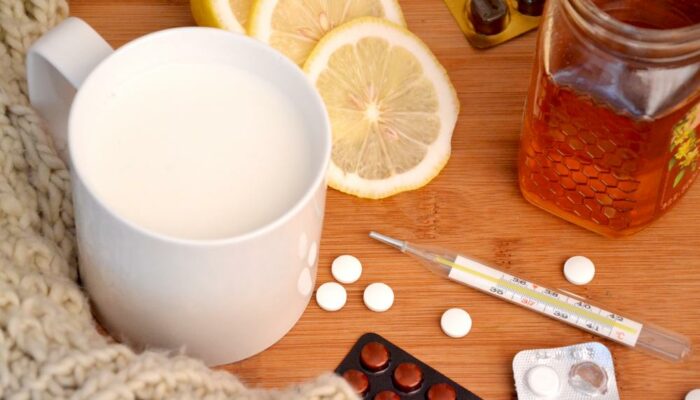
Dietary Treatments for ADHD
ADHD, better known as attention deficit hyperactivity disorder, refers to a brain condition that affects brain development and brain activity often causing issues with attention, fidgeting, and impulse control. ADHD was once thought to be a childhood condition, yet it can also affect adults and impede school or work. ADHD symptoms can include a mix of trouble staying on task, taking longer than normal to complete tasks, emotional outbursts, and trouble focusing during meetings or conversations.
Generally, ADHD is often linked to genetics, however, it is not a guarantee that if you have ADHD that you will pass it to your children. Additionally, poor nutrition while pregnant can play a role in a child developing this condition. Treatments will generally include medication, therapy, and lifestyle changes. Read below for dietary treatments that have been shown to help those who suffer from ADHD:
1. ADHD diet
Like other aspects of our lives, our diet can directly affect things like concentration levels, hyperactivity, and energy. By making a conscious effort to consume foods that are beneficial in alleviating symptoms of ADHD, you will be amazed by how much more concentration you have, and how well you can pay attention at work or school.
2. High protein
Protein-rich foods such as chicken, beans, and pork have been shown to have a positive reaction to those who have ADHD; the human body can utilize protein to create neurotransmitters, which studies have shown are beneficial to increasing concentration and self-awareness. Protein can help your blood sugar levels to remain normal, preventing hyperactivity and acting on impulses.
3. Avoid sugars
Or anything that raises your blood sugar levels too high, as this will result in your body producing more insulin to drive your sugar levels down, but the human body generally over-compensates in this regard, and this will bring your blood sugar too low, which will lead to a feeling of lethargy, irritability, and an increase in stress levels.
4. Increase your fish oil
Omega 3,6, and 9 oils are not just great for your overall health, but they can help you to manage your ADHD as well. They are great for making hyperactivity, impulses, and concentration at the levels they should be, and support brain function. Generally, anyone who has ADHD will have a decrease in omega 3’s, and it is important to add these supplements to increase these levels. Going with high protein, increasing your intake of foods like tuna and salmon can also play a big role in managing your ADHD.
5. Maintain your Iron
Studies have shown that children and adults who have ADHD generally have 50% less iron in their blood than those who do not. Iron plays a vital key role in stimulating your brain activity, although you can take too much. As with any supplement, it is important to go through the proper channels and talk with your doctor (or child’s pediatrician) before beginning to take a supplement. Naturally, red meat such as beef can raise your iron levels as well.
6. The right carbohydrates
While everyone should avoid simple carbohydrates like those found in candy, soda, and sweeteners, this is especially true for anyone who has ADHD. That said, complex carbohydrates have been found to aid in relaxation, and help you fall asleep; and stay asleep longer. These can include vegetables, potatoes, and rice. Balance is key, and it would be a good idea to balance your diet with the correct amounts of protein, carbs, and natural sugars.



